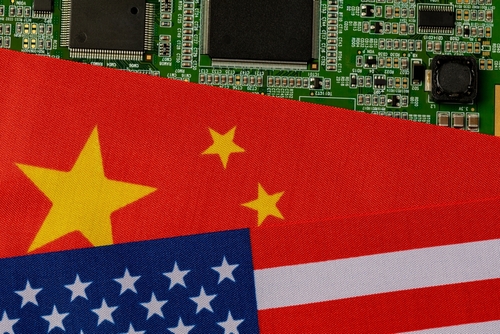
In a bill that would revise the State Department Basic Authorities Act of 1956, U.S. Sen. Steve Daines (R-MT) and fellow Republicans last week introduced legislation to increase oversight of U.S.-China science and technology agreements (STAs).
Daines joined 12 other Republicans in introducing the bill, which looks to crack down on what has been, until now, a fairly regular and uneventful part of the Washington rotation. The U.S.-China Science and Technology Agreement was first signed in 1979, but has been renewed approximately every five years since. It provides the foundations for research cooperation between the United States, China and academic institutions in both.
It was last authorized in 2018 and set to expire last month, but the Biden administration extended the STA another six months.
Under the Science and Technology Agreement Enhanced Congressional Notification Act, the Secretary of State would need to provide details to Congress if they seek to create, renew or extend such agreements. Further, they would need to give Congress a 30 day period to review any such proposal. Without such arrangements – which include looks at any agreement’s full text, detailed justifications, risk assessments and more – the STA could not be renewed or extended.
It would also be retroactive, slapping the State Department with a 60 day notice to provide these details on any existing STA or have them revoked.
“Montanans saw firsthand the malign influence of the Chinese Communist Party when a spy balloon floated right over our nuclear missile fields and Malmstrom Air Force Base before flying over the rest of the country untouched. It’s time for Congress to hold the CCP accountable because the Biden administration is not and this bill helps us do just that,” Daines said.
Daines and others fear that partnerships provided by the STA could be used to strengthen the Chinese military-industrial complex and develop technologies that could, ultimately, be used against the United States.




